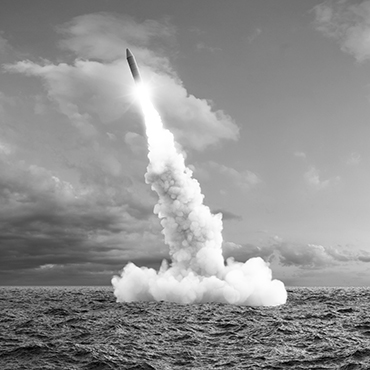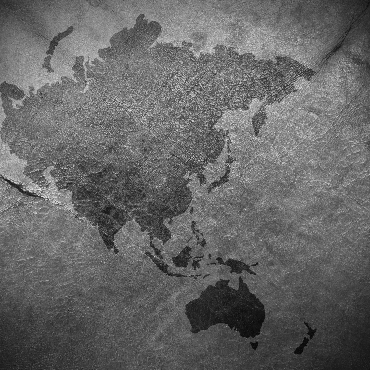What Trump’s New National Security Strategy Signifies
Late last week, without public fanfare, the Trump administration released its long-awaitedNational Security Strategy. Since then, the particulars of that document (colloquially known as the NSS) have gradually filtered into the public consciousness – and the Beltway foreign policy debate. They're worth examining, because they amount to a radical re-conception of U.S. foreign policy, and a foreshadowing of big changes to come.









